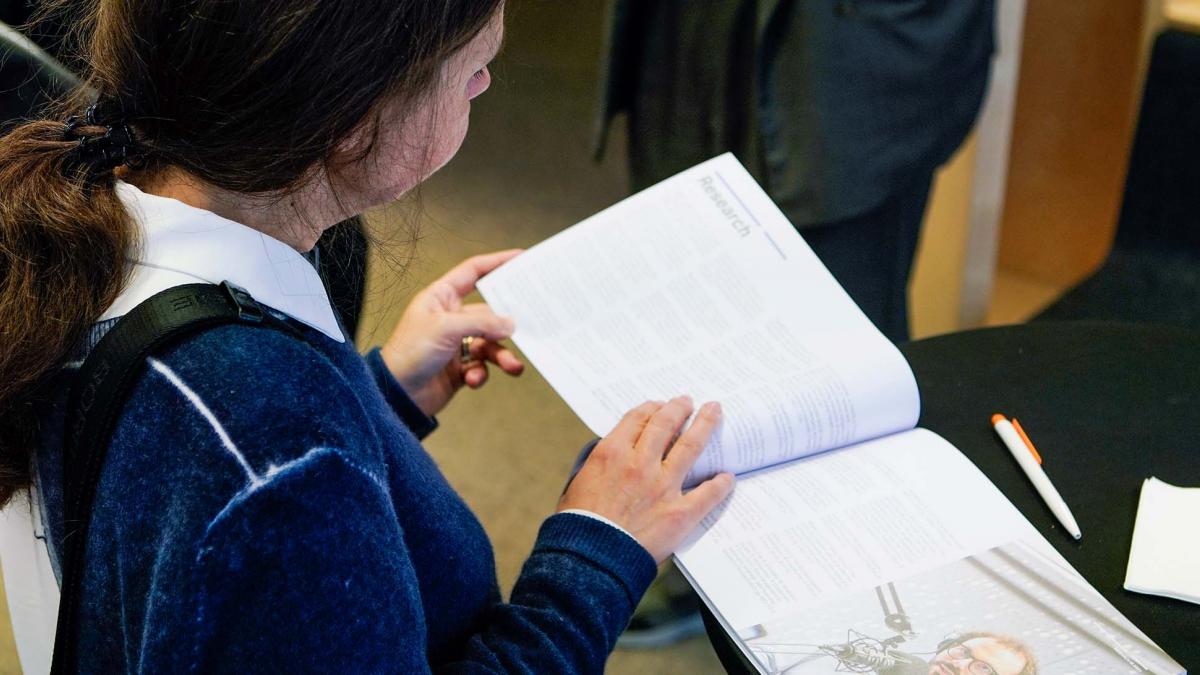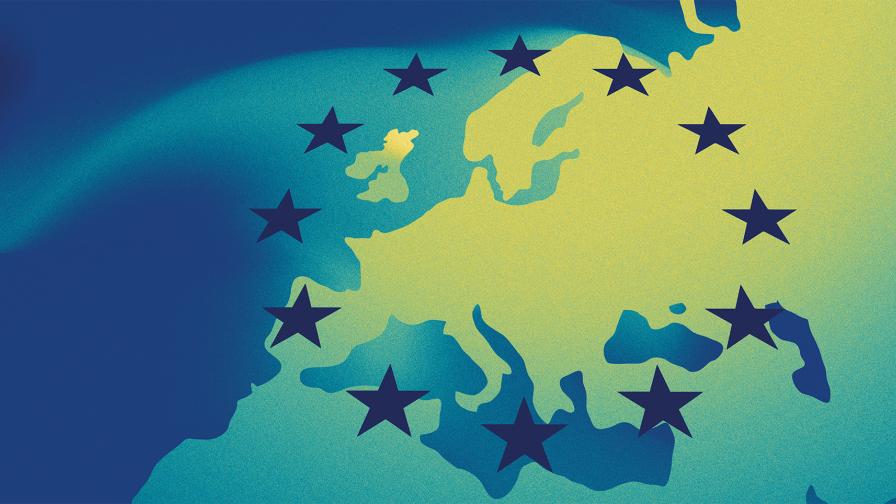
Publications
Economic analysis and policy recommendations based on rigorous academic underpinnings
Recent publications

The impact on the European Union of Ukraine’s potential future accession
This report evaluates the impact on the EU of a possible EU accession of Ukraine, focusing on economic consequences and institutional developments.

Inclusive digital economy: a round-up of project research
The rise of automation, remote employment and a diversifying workforce will necessitate a shift in how we interact with new technology

Economic arguments in favour of reducing copyright protection for generative AI inputs and outputs
The licensing of training inputs slows down economic growth compared to what it could be with competitive and high-quality GenAI

The rocky road to EU accession for Western Balkan countries: obstacles and lessons from the Eastern Partnership
The three eastern European states had practically no waiting time before being accepted as candidate countries right after application

Emerging countries have replaced most of Russia’s lost trade with advanced economies
Russian trade overall seems to have suffered little from sanctions; meanwhile, medicine and food trade continues with sanctioning countries
Publication list
Working paper
18 December 2023
Are new EU data market regulations coherent and efficient?
Technical restrictions on access to and re-use of data may result in failures in data markets and data-driven services markets.
Analysis
14 December 2023
New technologies in the workplace: a round-up of project research
The slow but steady uptake of artificial intelligence in Europe impacts the quantity, quality and nature of jobs as well as worker wellbeing.
Analysis
14 December 2023
New ways of working: a round-up of project research
Remote work, platform work and self-employment are on the rise in Europe, necessitating new EU policies and new forms of labour protection.
Working paper
14 December 2023
Skills or a degree? The rise of skills-based hiring for AI and green jobs
We explore whether employers have started focusing on individual skills rather than on formal qualifications in their recruiting.
Analysis
14 December 2023
The value of skill complementarity, especially in artificial intelligence
Understanding skill complementarity can help workers and employers keep up in the increasingly high-tech world of work
Analysis
11 December 2023
The benefits of bringing the Western Balkans into the European Semester
Integrating the Western Balkan countries into the European Union’s European Semester process is both feasible and desirable.
Working paper
11 December 2023
The competitive relationship between cloud computing and generative AI
Merger control and antitrust laws can address some of the competition risks arising from the relationship between generative AI and cloud computing.
Analysis
07 December 2023
When will the European Union finally get the budget it needs?
The EU budget needs radical reform, but certain conditions must be in place for it to succeed.
Policy brief
04 December 2023
Improving the contestability of e-commerce in two jurisdictions: the Amazon case
The conduct described in the US complaints against Amazon harms competition between online stores and among the merchants who sell via them.
Analysis
23 November 2023
COP28: key issues at stake and indicators of success
COP28 must convey the importance to governments of better integrating climate considerations into financial decision-making.
Policy brief
16 November 2023
Compliance principles for the Digital Markets Act
This paper proposes an original set of five compliance principles derived from the DMA list of obligations.
Analysis
09 November 2023
The massive value of European Union cross-border electricity transmission
High values for cross-border electricity transmission capacity show the EU needs more connections between countries.
Analysis
08 November 2023
Digital Market Act designations: the interoperability of Google Android
The European Commission has taken an intelligent first step in enabling competition to Google Android and Google Play Services
Analysis
06 November 2023
The ‘pay-or-consent’ challenge for platform regulators
Users expect online services to be free but some digital firms are now offering pay-or-consent options, affecting competition dynamics.
Policy brief
02 November 2023
Third time lucky? China’s push to internationalise the renminbi
This paper analyses China’s different attempts to internationalise its currency and how they have fared.
Analysis
02 November 2023
‘Home-grown’ innovation has costs as well as benefits
Europe can improve its innovation systems, but should not try to copy the US approach
Republishing and referencing policy
Bruegel considers itself a public good and takes no institutional standpoint. Anyone is free to republish and/or quote any of our posts without prior consent. Please provide a full reference, clearly stating Bruegel and the relevant author as the source and include a prominent hyperlink to the original post.
Topics
Browse publications by topic

European governance

Energy and climate policy

Digital economy, labour markets, skills and health

Banking and capital markets

Global economy and trade policy

Inclusive economy
